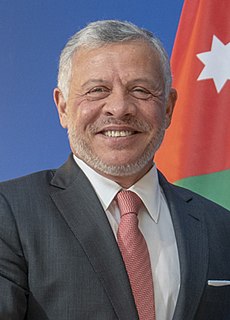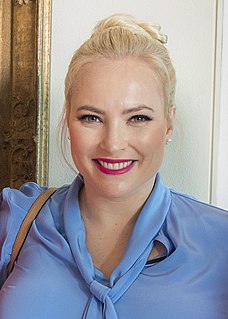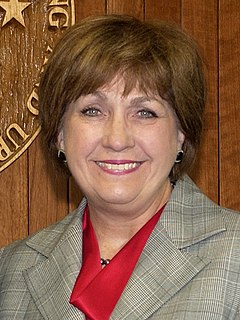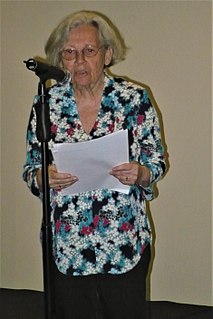A Quote by Suze Orman
The middle class has disappeared. We have a highway to poverty and no roads coming out.
Quote Topics
Related Quotes
The historical basis for the gap between the black middle class and underclass shows that ending discrimination, by itself, would not eradicate black poverty and dysfunction. We also need intervention to promulgate a middle-class ethic of success among the poor, while expanding opportunities for economic betterment.
The government decides to try to increase the middle class by subsidizing things that middle class people have: If middle-class people go to college and own homes, then surely if more people go to college and own homes, we’ll have more middle-class people. But homeownership and college aren’t causes of middle-class status, they’re markers for possessing the kinds of traits — self-discipline, the ability to defer gratification, etc. — that let you enter, and stay, in the middle class. Subsidizing the markers doesn’t produce the traits; if anything, it undermines them.
Practically everyone I know now is from a middle- or upper-middle-class background, and I no longer have the huge chip on my shoulder that I carried around for so many years. I'm not sure it comes out much in the work, but coming from this kind of background is absolutely central to my identity, to my sense of who I am.



































